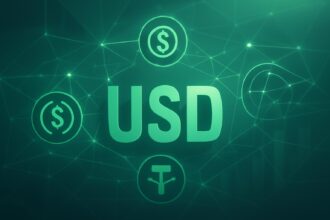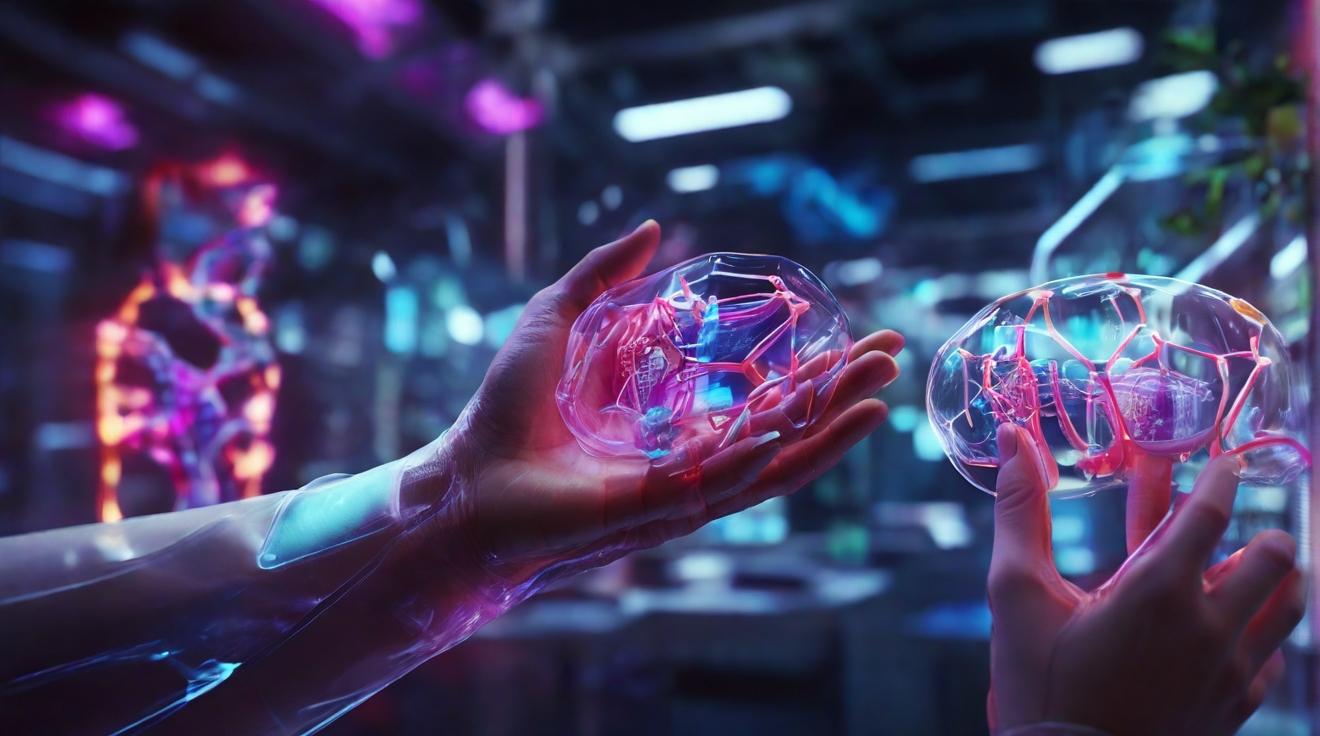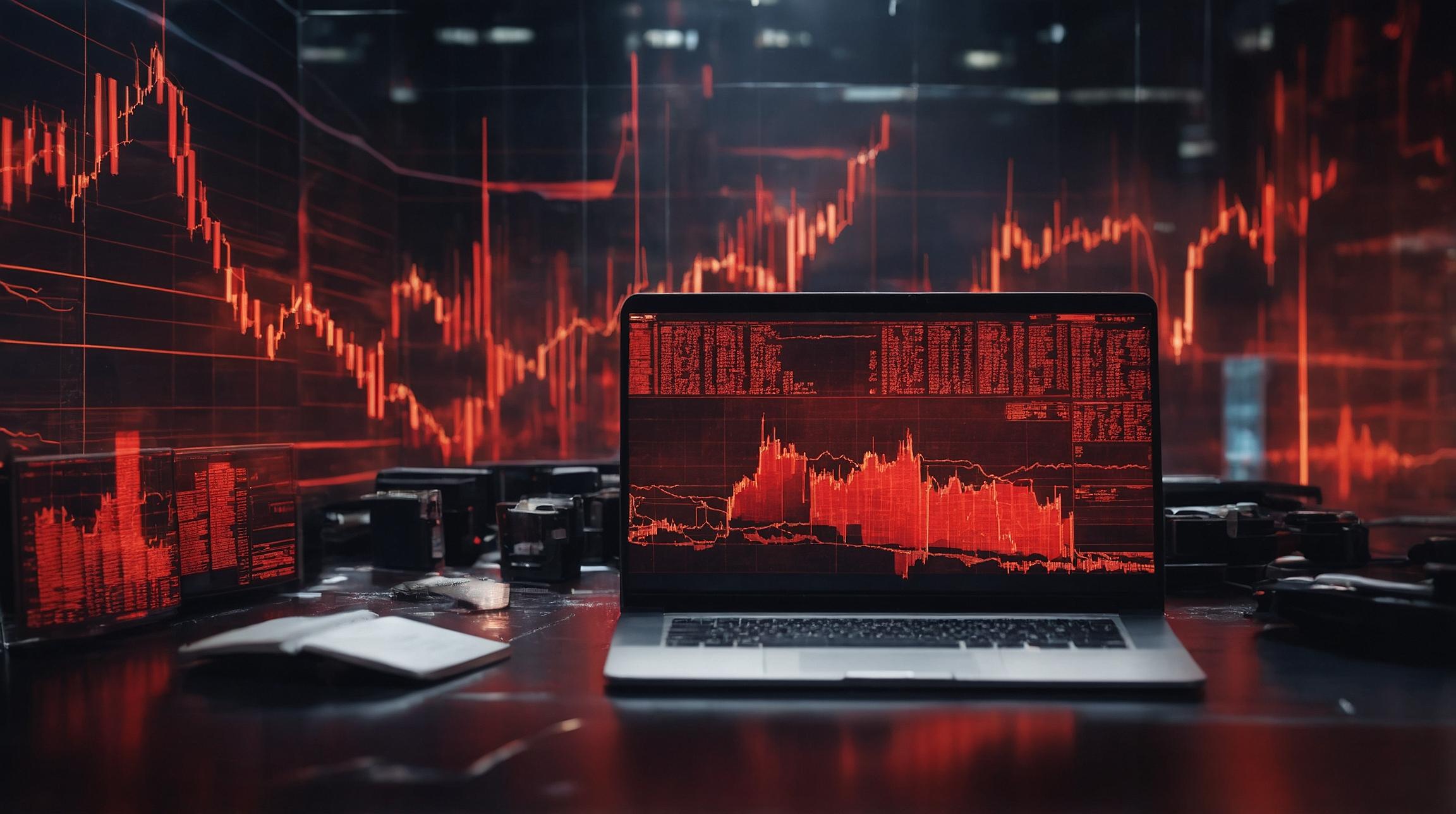Navigating the Biomanufacturing Skills Gap with Virtual Reality
In an age where the biopharmaceutical sector is experiencing unprecedented growth, particularly within cell and gene therapies (CGT), an innovative solution is making waves in the industry. The traditional methods of training are being eclipsed by the advent of virtual reality (VR), a futuristic approach championed by Dr. Ivan Wall, a professor of regenerative medicine at the University of Birmingham and co-founder of FourPlus Immersive Ltd. This company focuses on creating VR simulations designed to tackle the biomanufacturing skills shortage head-on.
The Catalyst of Change
The Alliance For Regenerative Medicine recently highlighted a significant workforce gap in the CGT sector, particularly in manufacturing and analytical development. This gap is a direct result of the sector's success, leading to increased demand for products, a rapidly evolving technological landscape, and a lack of trained professionals in Advanced Therapy Medicinal Products (ATMP) manufacturing.
Dr. Wall's foresight in 2019 led to the inception of FourPlus Immersive at a critical time when the COVID-19 pandemic underscored the need for innovative training methods. The pandemic highlighted a unique opportunity for VR in training, especially when access to physical labs was restricted, proving the concept's viability and its importance for the future of biomanufacturing education.
The Advantage of VR in Biomanufacturing Training
Safety and cost-effectiveness are among the primary advantages of integrating VR into GMP training programs. Traditional training involves expensive, single-use technologies and presents considerable chemical and biosafety risks. VR circumvents these issues, allowing trainees to practice in a risk-free environment while dramatically reducing training costs and environmental impact.
Moreover, VR training facilitates the development of a diverse and competent workforce. By providing access to industry-relevant equipment and procedures, VR training bridges the gap between academic knowledge and practical industry skills. This method not only prepares students better for their roles but also broadens the talent pool by including individuals who may not excel in conventional academic settings but have practical talents that are invaluable in a laboratory setting.
Bridging the Gap Between Traditional and Modern Training
While VR offers a novel approach to training, it does not eliminate the need for hands-on experience. Dr. Wall advocates for a hybrid training model, combining the best of both worlds to optimize GMP training outcomes. Embracing this model addresses the limitations of VR, such as the challenge of replicating precise hand movements and minimizing motion sickness, ensuring a comprehensive training experience.
Looking Ahead
As the CGT sector continues to grow, so does the necessity for innovative training solutions. VR training stands as a beacon of progress, promising to not only address the current skills shortage but to also prepare the workforce for future technological advancements. Dr. Wall's vision extends beyond immediate training needs, reflecting on the potential for VR to standardize and improve GMP standards across the biomanufacturing industry.
Adapting to technological innovation and cultural shifts within the sector is critical for sustainable growth. High staff turnover remains a challenge, emphasizing the need for strategies that foster connection and loyalty. In Dr. Wall's view, VR training is more than just a solution to the skills gap; it's an opportunity to reshape the industry's approach to workforce development, ensuring stability, resilience, and growth for the future.
As the industry evolves, embracing VR and other digital training platforms may well be the key to unlocking a new era of biomanufacturing excellence, driving forward not just the CGT sector, but the entire biopharmaceutical landscape.
Analyst comment
Positive news: The use of virtual reality (VR) in biomanufacturing training is addressing the skills gap in the biopharmaceutical and cell and gene therapy (CGT) sectors. VR training offers safety, cost-effectiveness, and the opportunity to develop a diverse and competent workforce. A hybrid training model, combining VR with hands-on experience, optimizes training outcomes. VR training has the potential to standardize and improve GMP standards in the biomanufacturing industry, ensuring sustainable growth. Embracing technological innovation and cultural shifts is critical for success. Overall, VR is seen as a transformative opportunity for the industry’s approach to workforce development. Market outlook: The market for virtual reality in biomanufacturing training is expected to grow as the sector expands, providing long-term stability, resilience, and growth.













